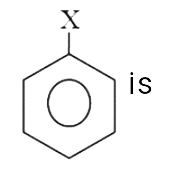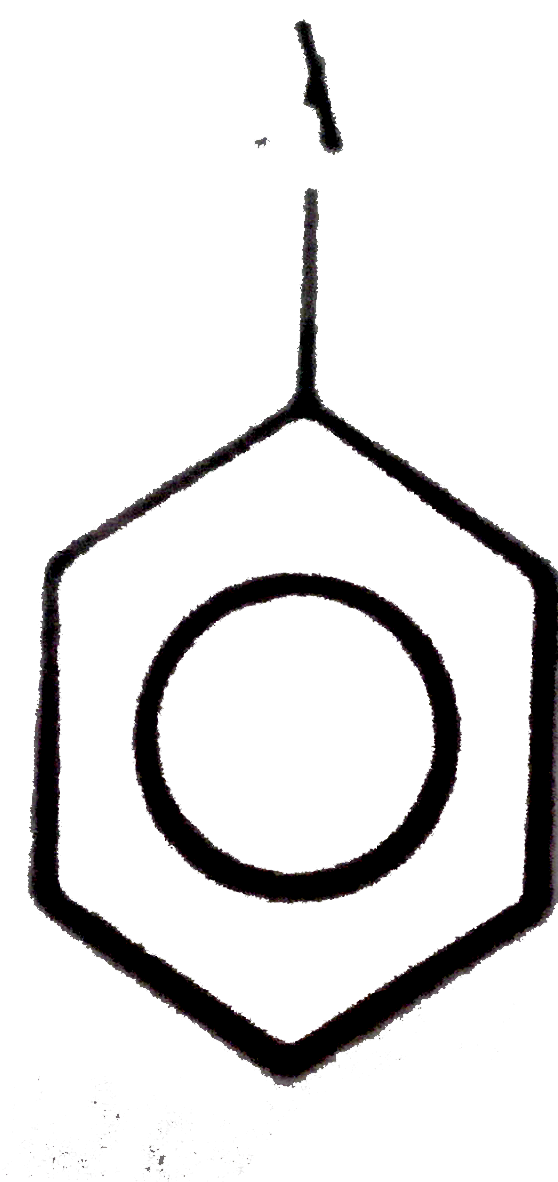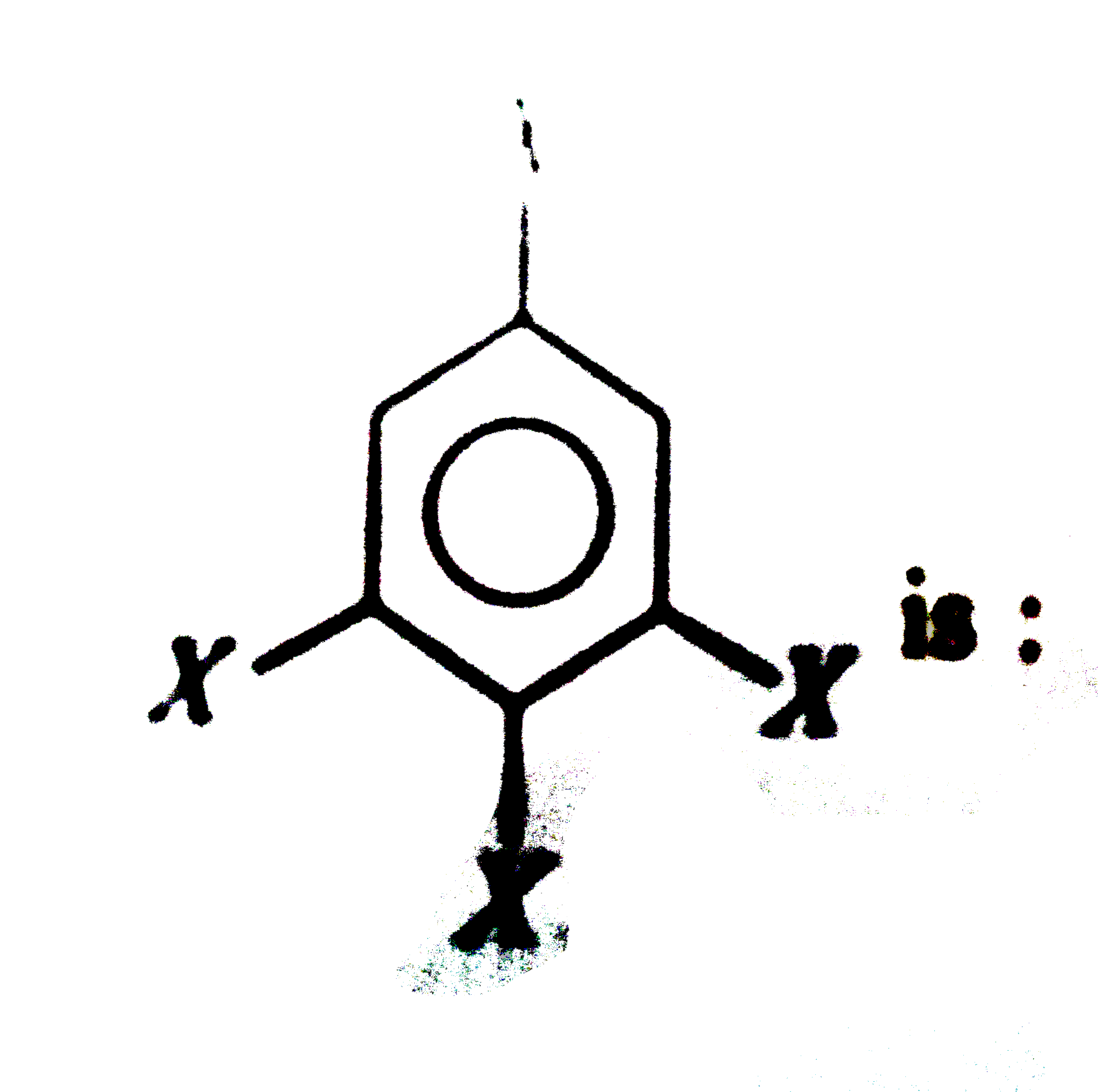Assertion : All diatomic molecules with polar bond have dipole moment.
Reason : Dipole moment is a vector quantity.
If assertion is true but the reason is false
If assertion is false but reason is true
IF both assertion and reason are true and the reason is the correct explanation of assertion
If both assertion and reason are true but reason is not the correct explanation of assertion
The correct Answer is:D
To solve the question, we need to analyze the assertion and the reason provided.
1. Understanding the Assertion:
- The assertion states that "All diatomic molecules with polar bond have dipole moment."
- A polar bond occurs when there is a difference in electronegativity between the two atoms involved in the bond. This results in one atom having a partial negative charge and the other having a partial positive charge.
- For example, in HCl, chlorine is more electronegative than hydrogen, leading to a polar bond and a dipole moment.
- Conclusion: The assertion is true.
2. Understanding the Reason:
- The reason states that "Dipole moment is a vector quantity."
- A vector quantity has both magnitude and direction. The dipole moment is indeed a vector quantity because it represents the separation of positive and negative charges and has a specific direction from the positive charge to the negative charge.
- For HCl, the dipole moment points from hydrogen (less electronegative) to chlorine (more electronegative).
- Conclusion: The reason is also true.
3. Analyzing the Relationship:
- While both the assertion and the reason are true, we need to determine if the reason correctly explains the assertion.
- The assertion is about the presence of a dipole moment in diatomic molecules with polar bonds, while the reason describes the nature of dipole moments as vector quantities.
- The reason does not specifically explain why diatomic molecules with polar bonds have dipole moments; it merely states a property of dipole moments.
- Conclusion: The reason is not the correct explanation for the assertion.
4. Final Decision:
- Since both the assertion and the reason are true, but the reason does not explain the assertion, the correct option is that both are true, but the reason is not the correct explanation of the assertion.
Final Answer:
The correct option is: Assertion and reason both are true, but the reason is not the correct explanation of the assertion.
---
- The assertion states that "All diatomic molecules with polar bond have dipole moment."
- A polar bond occurs when there is a difference in electronegativity between the two atoms involved in the bond. This results in one atom having a partial negative charge and the other having a partial positive charge.
- For example, in HCl, chlorine is more electronegative than hydrogen, leading to a polar bond and a dipole moment.
- Conclusion: The assertion is true.
- The reason states that "Dipole moment is a vector quantity."
- A vector quantity has both magnitude and direction. The dipole moment is indeed a vector quantity because it represents the separation of positive and negative charges and has a specific direction from the positive charge to the negative charge.
- For HCl, the dipole moment points from hydrogen (less electronegative) to chlorine (more electronegative).
- Conclusion: The reason is also true.
- While both the assertion and the reason are true, we need to determine if the reason correctly explains the assertion.
- The assertion is about the presence of a dipole moment in diatomic molecules with polar bonds, while the reason describes the nature of dipole moments as vector quantities.
- The reason does not specifically explain why diatomic molecules with polar bonds have dipole moments; it merely states a property of dipole moments.
- Conclusion: The reason is not the correct explanation for the assertion.
- Since both the assertion and the reason are true, but the reason does not explain the assertion, the correct option is that both are true, but the reason is not the correct explanation of the assertion.
The correct option is: Assertion and reason both are true, but the reason is not the correct explanation of the assertion.
Topper's Solved these Questions
- CHEMICAL BONDING (BASIC)BOOK - VK JAISWAL ENGLISHCHAPTER - CHEMICAL BONDING (BASIC)EXERCISE - SUBJECTIVE PROBLEMS
54 Videos
- CHEMICAL BONDING (BASIC)BOOK - VK JAISWAL ENGLISHCHAPTER - CHEMICAL BONDING (BASIC)EXERCISE - MATCH THE COLUMN
26 Videos
- CHEMICAL BONDING (ADVANCED)BOOK - VK JAISWAL ENGLISHCHAPTER - CHEMICAL BONDING (ADVANCED)EXERCISE - SUBJECTIVE PROBLEMS
64 Videos
- CO-ORDINATION COMPOUNDSBOOK - VK JAISWAL ENGLISHCHAPTER - CO-ORDINATION COMPOUNDSEXERCISE - LEVEL 2
144 Videos
Similar Questions
All molecules with polar bonds have dipole moment.
View SolutionAll molecules with polar bonds have dipole moment.
View SolutionStatement 1 : All molecules with polar bonds may not have dipole moments
Statement 2 : Dipole moment is a vectot quantity and bond dipoles may cancel out.
View SolutionThe dipole moment of
 is 1.5 D.
is 1.5 D.
The dipole moment of is
is
View SolutionThe molecule (s) that will have dipole moment is/are:
View Solutiondipole moment is a ............ quantity.
View SolutionThe molecule which has zero dipole moment is
View SolutionThe unit of dipole moment is
View SolutionCorrect order of dipole moment is
View SolutionDipole moment of
 is 1.5D. The dipole moment of
is 1.5D. The dipole moment of

View Solution
